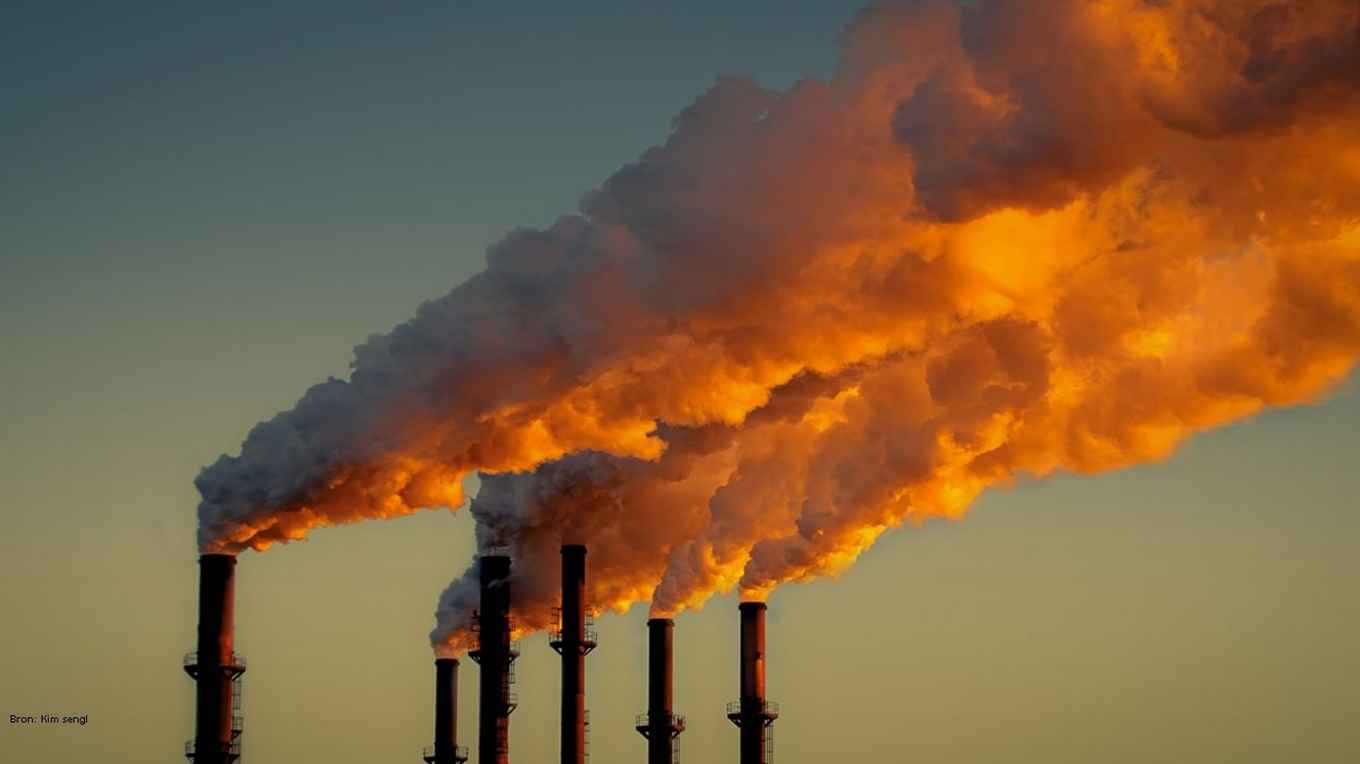New UN report: climate goals unattainable without far-reaching innovation and integrated policy
Global GEO-6 report co-chaired by UvA professor Joyeeta Gupta
13 March 2019

Written by 250 scientists from 70 countries and co-chaired by UvA professor Joyeeta Gupta, the Global Environment Outlook (GEO) is a periodic flagship report of United Nations Environment Programme (UNEP) meant at informing environmental decision-making by governments and stakeholders. Themed ‘Healthy Planet, Healthy People’, the latest GEO-6 provides a comprehensive evidence-based assessment of the state of the environment, the effectiveness of the current policy response to address environmental challenges and possible pathways to achieve various internationally agreed environmental goals.
Current trends show further degradation, despite new environmental policies
The report highlights that a healthy environment supports healthy people and, conversely, that an unhealthy environment affects the health of people. However, despite progress in some areas and countries, the overall condition of the global environment continues to deteriorate. Environmental policy efforts are being hindered by a variety of factors, including the lack of implementation and integration in other sectoral policies, such as agriculture, energy and mobility policies. Not all trends are negative, however. For example, innovative environmental policies are increasingly being formulated in low and middle-income countries and policy diffusion is taking place.
World not on track to achieve internationally agreed environmental targets
The consumption and production of food, energy and water play a key role in environmental degradation worldwide. The demands of a growing and wealthier global population are projected to increase further in the coming decades, placing additional strain on already stressed environmental systems. ‘Based on a large number of scenario studies, GEO-6 concludes that indicators related to human development, including hunger and access to clean water and energy, are likely to improve, but not sufficiently enough to meet related targets’, says Gupta, who is professor of Environment and Development in the Global South at the UvA. ‘At the same time, trends in environmental degradation, including climate change, biodiversity loss, water scarcity, excess nutrient run-off, land degradation and ocean acidification, are likely to continue at a rapid rate.’
Targets still achievable through alternative development pathways
The report also assesses alternative scenarios, or pathways, that aim to achieve the agreed environmental targets. The analysis concludes that this will require changes in lifestyle, consumption preferences and consumer behaviour on the one hand, and cleaner production processes, resource efficiency and decoupling, and corporate responsibility and compliance on the other. This includes the adoption of low-meat diets and reduced food waste, more sustainable and efficient food systems, a huge increase in renewable energy and energy efficiency, and a shift to a circular economy.
'The report shows that policies and technologies already exist to fashion new development pathways that will avoid these risks and lead to health and prosperity for all people. What is currently lacking is the political will to implement policies and technologies at a sufficient speed and scale.'
Meeting the targets will also require changes in consumption and production that go beyond those achieved in the past and cannot be realised by environmental policies alone. Additional policies are therefore needed that are formulated in conjunction with related economic and social goals, such as circular economy and human health.
'The report shows that policies and technologies already exist to fashion new development pathways that will avoid these risks and lead to health and prosperity for all people', says Joyeeta Gupta, professor of Environment and Development in the Global South. 'What is currently lacking is the political will to implement policies and technologies at a sufficient speed and scale. The fourth United Nations Environment Assembly in Nairobi in March needs to be the occasion when policymakers face up to the challenges and grasp the opportunities of a much brighter future for humanity.’
Netherlands key contributor to GEO-6
GEO-6 was compiled on the basis of scientific input from 250 researchers and with support from governmental representatives and scientific advisors. The Netherlands played a key role in the assessment. Professor Joyeeta Gupta from the University of Amsterdam (UvA) was one of the two co-chairs of the assessment and led the overall report, while Professor Detlef van Vuuren and Paul Lucas of PBL Netherlands Environmental Assessment Agency coordinated the scenario analysis in the report.